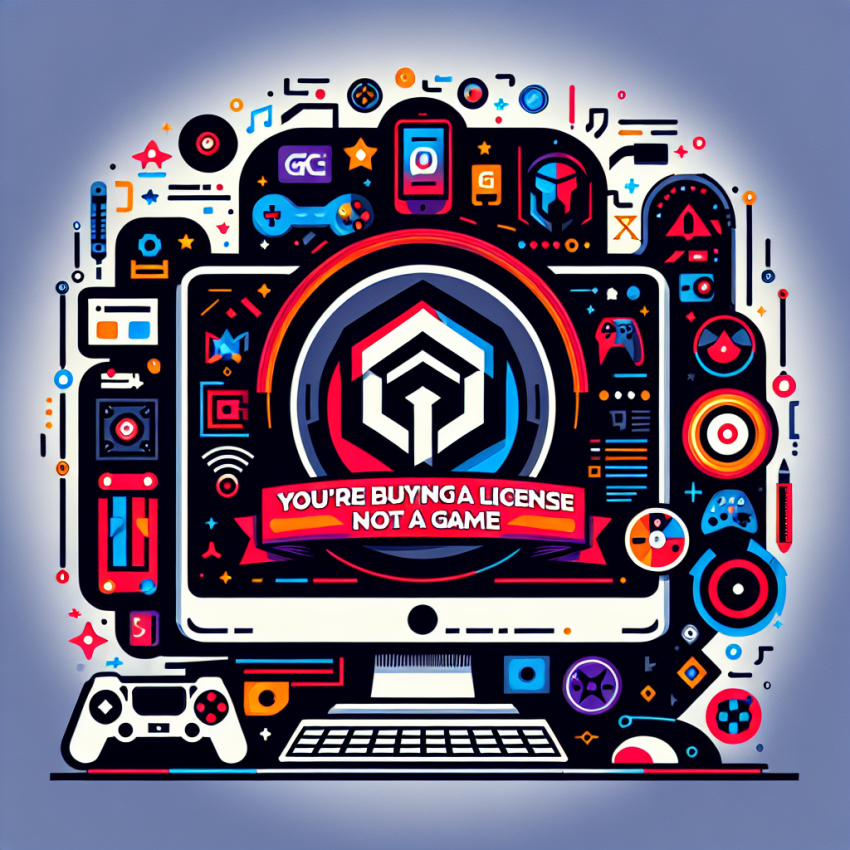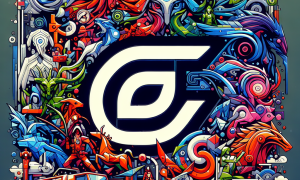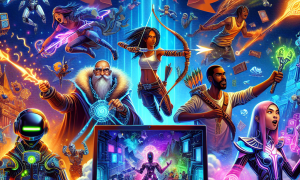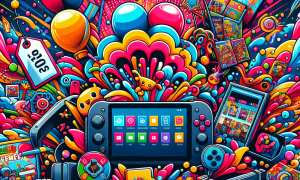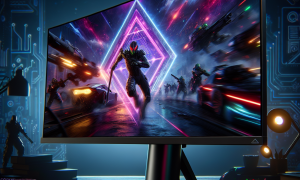Steam, the giant digital distribution platform for PC gaming, has embarked on a new strategy to enhance transparency in its transactions. As part of this recent initiative, Steam has started to notify users that they’re purchasing a license to play a game, rather than acquiring the game itself. This noteworthy move aims to clarify the terms of purchase and foster a clearer understanding of user rights among gamers.
Understanding the Shift: A License vs. Ownership
At the heart of this change is a significant distinction between owning a physical copy of a game and the digital licenses issued for games available on platforms like Steam. Traditionally, when customers bought a physical game, they owned that product outright. However, with digital distribution, that scenario has evolved, and the concept of ownership has shifted.
Key Features of the License Model:
- Limited Rights: Users technically own a license that allows them to access the game as per the terms set by the publisher.
- Restrictions: Licenses often come with restrictions such as limitations on resale, sharing, or transferring the game to another platform or user.
- Revocation Possibility: Game publishers have the right to revoke access to the game if users violate terms of service.
With cases of game developers or publishers discontinuing support for older titles or removing games from their platforms, this licensing clarification could prevent potential consumer disappointment.
The Importance of Licensing Clarity
In the gaming industry, many players are unaware of the extent to which they own the products they purchase digitally. This lack of awareness can lead to frustration when changes occur in their access to the games they love. By clarifying that users are buying licenses, Steam is taking a proactive approach to foster better comprehension among gamers regarding their rights and responsibilities.
Reasons Why This Clarification Matters:
- Enhancing Transparency: By clearly outlining the terms of purchase, Steam provides a better consumer experience.
- Reducing Confusion: It helps eliminate misconceptions that users own the game outright.
- Preparing Users: By understanding they hold licenses, gamers can make more informed decisions about their purchases.
Historical Context: Similar Moves in the Industry
Steam isn’t the only major digital service making changes to clarify ownership structures. Similar discussions have arisen across various tech platforms and digital service providers:
- Apple and Google: Both tech giants have faced scrutiny over digital purchases, helping consumers understand that when they buy apps or media, they are purchasing licenses.
- Epic Games Store: Another game distributor that has engaged in clarifying its terms of service related to digital ownership.
The gaming community is becoming increasingly aware of these distinctions, leading to a broader push for transparency in licensing practices across the board.
Impact on Gamers: What This Means for You
For gamers, the shift towards recognizing purchases as licenses rather than outright ownership has significant implications. It’s key for players to re-evaluate the way they approach their digital game libraries.
Considerations for Gamers:
- Check Game Policies: Always review the terms of service when purchasing a game to understand limitations.
- Stay Informed: Be aware of any changes in the licensing agreement that may affect your access to a title.
- Backup Plan: If digital licenses can be revoked, consider community and alternative platforms if access to certain games is essential.
By fostering a comprehensive understanding of licensing, gamers will be better prepared to navigate the evolving landscape of digital gaming.
What Lies Ahead: The Future of Digital Licenses
As digital gaming continues to grow, the implications of license-based purchases will likely become even more pronounced. Developers and publishers may increasingly control game access as systemic changes take hold.
Future Trends to Watch:
- Greater Regulation: The gaming industry could seek more regulations around digital ownership, especially regarding consumer rights.
- More Transparency from Platforms: Additional platforms may follow Steam’s lead to provide clearer communication about the nature of digital purchases.
- Emergence of Ownership Alternatives: Solutions that allow users to purchase outright ownership could become more popular.
While the dynamics between consumers and producers in the digital sphere are still settling, this change by Steam is a pivotal moment in shaping how digital licensing is perceived by gamers.
Conclusion: Embracing Change in the Gaming Landscape
The journey from traditional ownership of games to a licensing model is a complex transition that has triggered a reassessment of the customer relationship in the gaming industry. Steam’s new clarification that users are purchasing licenses sheds light on critical aspects that gamers require understanding to navigate their digital purchases effectively.
The move not only fosters transparency but can also empower gamers to make informed decisions. Consequently, as players become more aware of what they are truly purchasing, they may advocate for better consumer rights, ultimately leading to a healthier gaming environment.
As the gaming world continues to evolve, staying informed about these transitions will be critical for every gamer. Embrace the change and understand your digital rights – whether you’re an avid player or a casual gamer, navigating through this era will be key to enjoying the ever-expanding realm of digital gaming.
